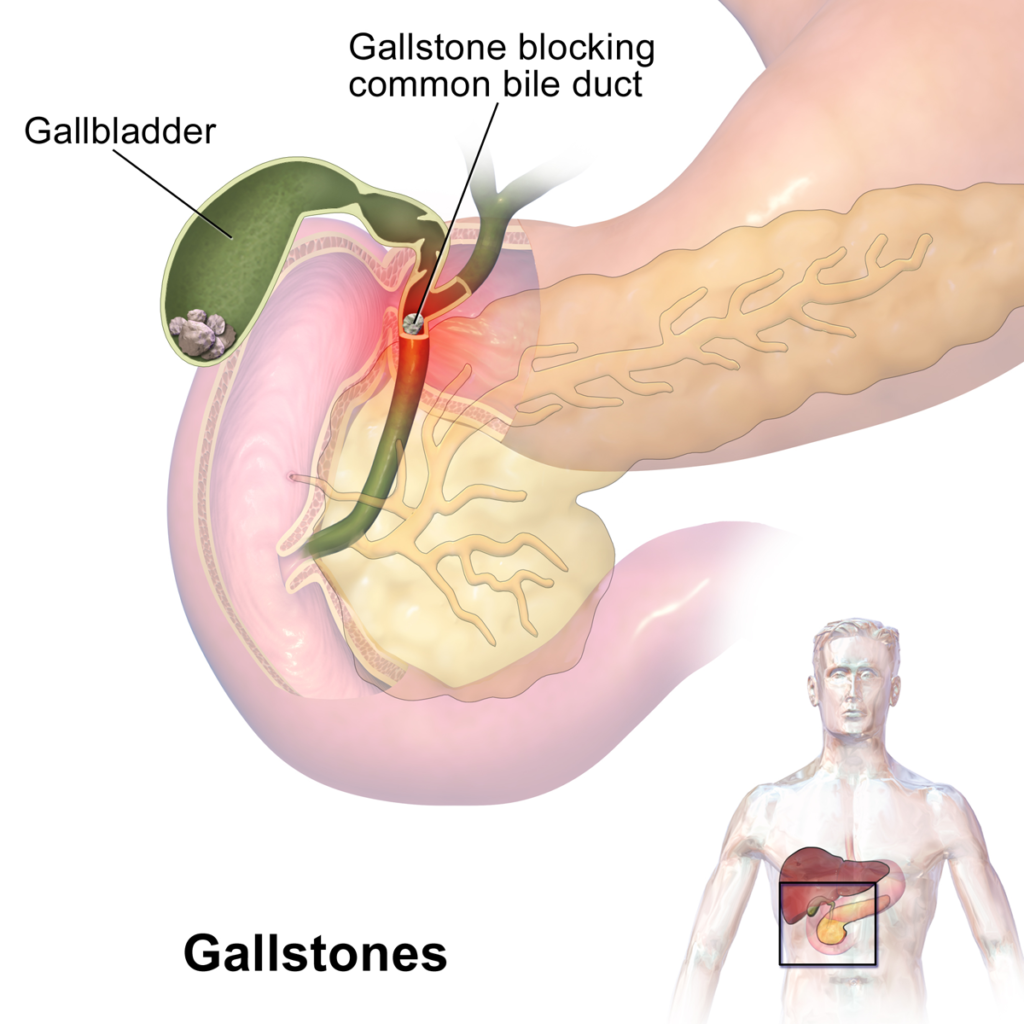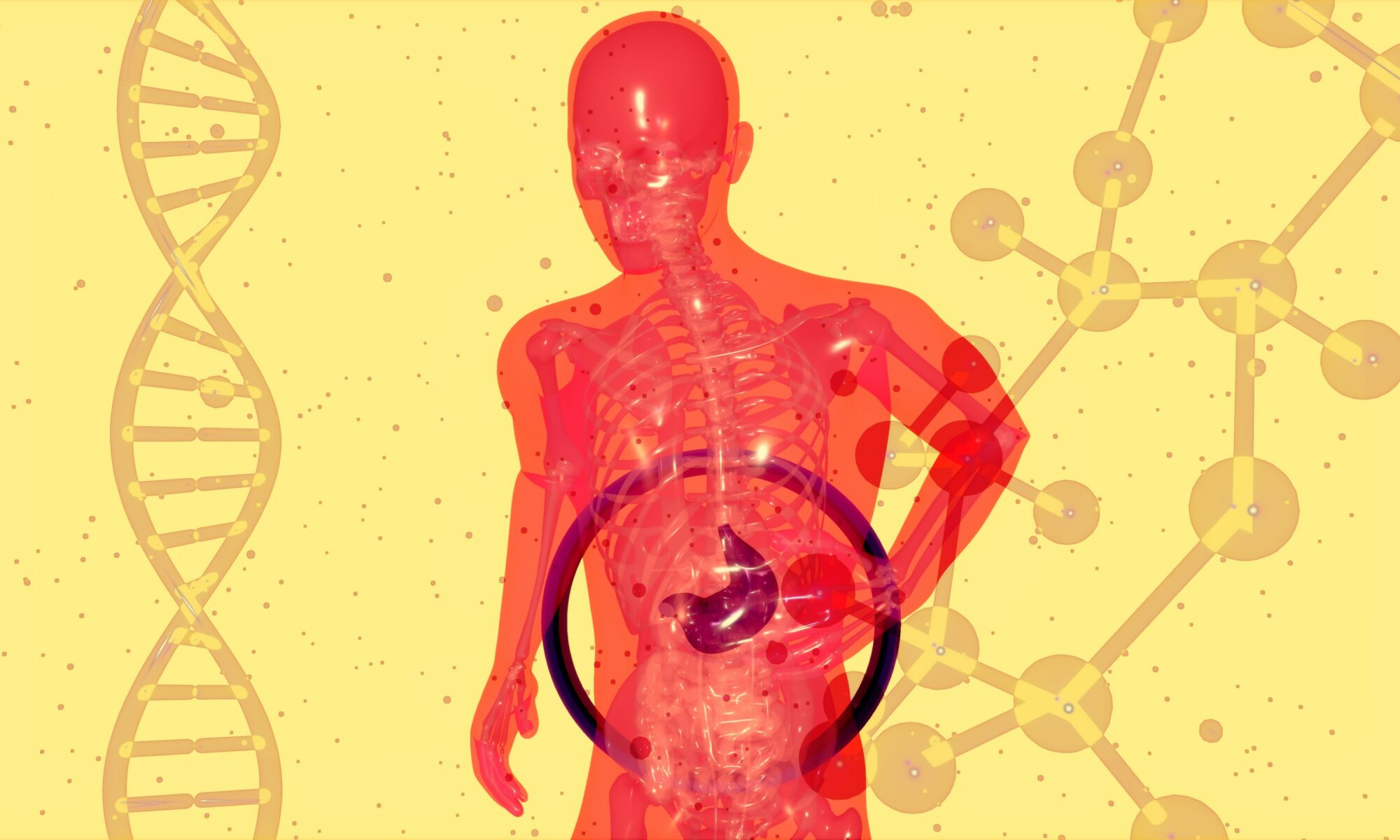Introduction:
Did you know that Gilbert’s Syndrome and gallstones are linked? Studies show that people with Gilbert’s Syndrome have a higher risk of developing gallstones. Let’s reveal the details and what it means for people diagnosed with Gilbert’s Syndrome.
Bilirubin Imbalance:
In Gilbert’s Syndrome, there is an imbalance in bilirubin levels, which may promote the formation of gallstones over time. (Find out more about Bilirubin and Gilbert’s Syndrome here)
Bilirubin and Gallstone Formation:
Bilirubin, the substance processed by the liver, plays a role in the formation of gallstones. High levels of bilirubin can contribute to the development of cholesterol-based stones.
Understanding Gallstones:
Gallstones are hard deposits that form in the gallbladder, a small organ responsible for storing bile. They can cause pain and other complications if they block the bile ducts.

Here’s a link to more information about gallstones. https://www.webmd.com/digestive-disorders/gallstones
Consulting a Healthcare Professional:
If you have Gilbert’s Syndrome or suspect you may have gallstones, it’s crucial to consult with a healthcare professional. They can provide personalized advice and guidance.
Study Findings:
Researchers discovered that individuals with Gilbert’s Syndrome are more prone to gallstone formation.
Gallstone-related Complications:
Those with the syndrome may face challenges such as frequent gallbladder operations due to issues with their bile ducts.
The Link to Gallstones:
The study established a direct connection between Gilbert’s Syndrome and an increased likelihood of gallstones.
Bile Duct Operations:
People with the syndrome may require surgeries on their bile ducts due to gallstone-related complications.
Implications for Patients:
These findings highlight the importance of monitoring gallstone risk in individuals with Gilbert’s Syndrome.
Proactive Healthcare Approach:
Doctors should be vigilant in assessing and managing the gallstone risk in patients with this syndrome.
Better Treatment Strategies:
Understanding this link enables medical professionals to develop more effective treatment plans for patients with Gilbert’s Syndrome.
Conclusion:
The study confirmed the higher susceptibility of individuals with Gilbert’s Syndrome to develop gallstones, emphasizing the need for proactive healthcare and tailored treatment strategies to mitigate potential complications.
Managing the Risk:
If you have Gilbert’s Syndrome you can reduce your risk of developing gallstones by adopting a healthy lifestyle, including regular exercise and a balanced diet low in saturated fats. (Find out more about diet and Gilbert’s Syndrome here: )
(Source: Link to the study: https://www.ncbi.nlm.nih.gov/pmc/articles/PMC6286431/#:~:text=Individuals%20with%20Gilbert’s%20syndrome%20also,operations%20on%20their%20bile%20ducts.)


